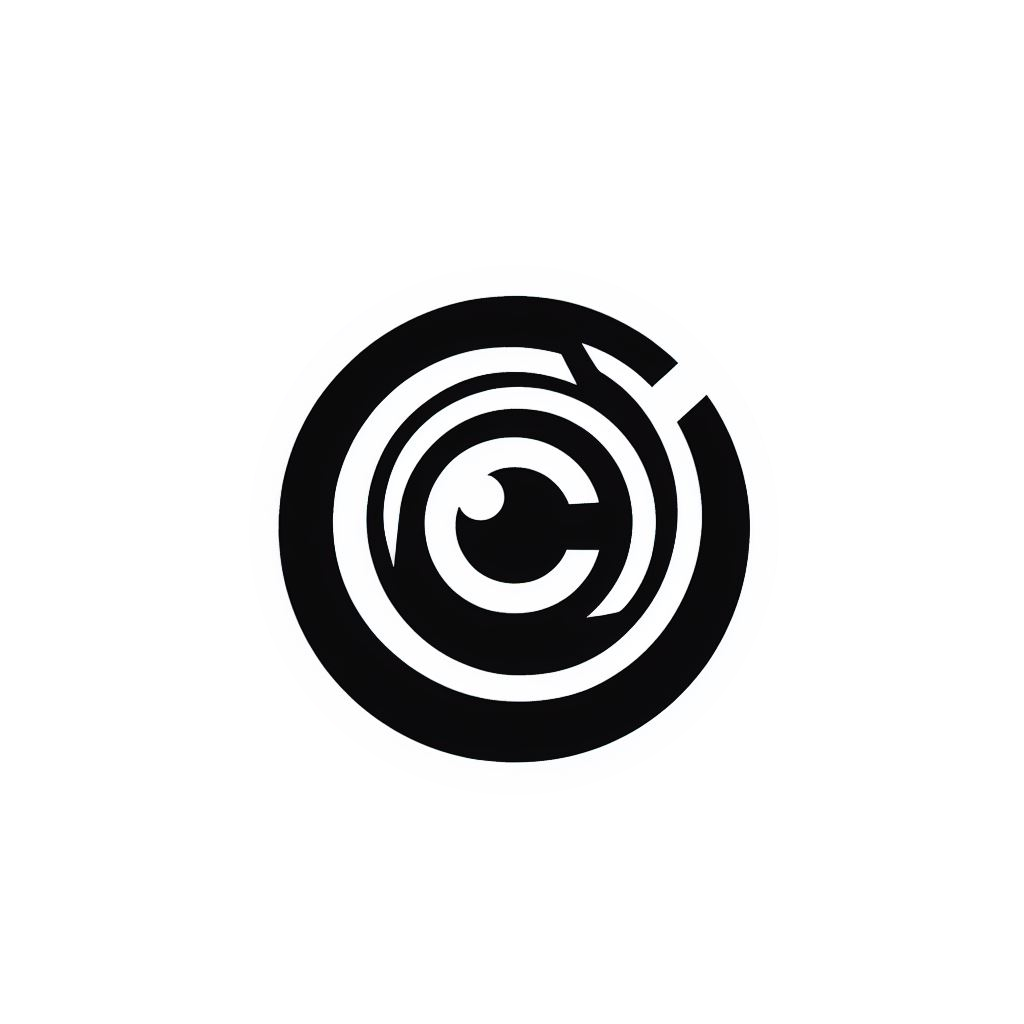How I Conduct On-Camera Interviews
I'm always looking to capture that perfect sound bite from an interview subject; a comment that perfectly encapsulates the main idea that the video is trying to communicate. However, reaching that goal depends a great deal on the rapport I can build between myself and the subject, and the way in which I conduct the interview. Here are a few things that I've learned in my years as a director that have helped me get better comments for my videos.
Pre-Interview
If my project affords me the time and/or budget, I try to conduct pre-interviews with the people I plan to interview. Conducting a pre-interview is valuable for a number of reasons:
It establishes a good working relationship with myself and the subject.
It’s less intimidating. It gives the subject a “dress rehearsal” before he/she has to go in front of the camera. I know that the more comfortable my subject feels, the more confident he/she will be when sitting under the lights.
It helps me gain insights into the subject matter. Sometimes I can uncover new and valuable information during these pre-interviews; information I hadn’t thought of previously. These new insights can help me revise the script.
Warm-Up
On the day of the interview, I don't like to throw my subjects in front of the camera. I try to take them aside and talk with them, casually and informally. I prepare them for what will happen. I go over any last-minute questions they may have. Sometimes I just talk about things that interest them - anything to make them feel relaxed. When the interview finally does begin, I start off with a few very easy questions so the subjects can get used to the feeling of being on camera.
Open-Ended Questions
I want the subject to do the talking. I want them to expand on their ideas, so I refrain from asking “yes” or “no” questions. Sometimes I might ask a leading question, if I'm really trying to draw out a particular point or sound bite. However, I let the subject put the answer in his/her own words.
Frequent Breaks
I realize that some people I interview will have experience being on camera. Others may not. For those that are new to the process, I might stop to let them take a quick break, have some water, and take a step away from the lights. This is especially helpful for interviews that last more than 45 minutes.
Re-state, Rephrase, Repeat
As the subject responds to a particular question, he/she might continue talking non-stop for a good three minutes or so. And within that lengthy answer, the subject may have a few good nuggets of information, but it will be difficult to mine a short, cohesive sound bite from that amount of information. If I have a talkative subject, I will let him/her finish the answer, but then I will go back and ask him/her to repeat a key thought or phrase in a more concise manner.
Go With the Flow
I always have my interview questions organized according to topics or themes. This helps me to keep my subjects on a particular line of thought, so the entire interview becomes more like a conversation than an interrogation. I find that I get more thoughtful responses if I pursue a particular line of thought until the topic is exhausted.
Alter the Script
I'm always open to new topics as I conduct the interview. Sometimes an answer can trigger a new question, so I make a quick note and then ask a follow-up question. A story can take on a new direction simply based on new topics I explore during an interview. And before concluding, I always ask the subject if he/she would like to add anything else, or cover anything that wasn’t previously asked.
I realize that being a great video storyteller is not just about the technical skills one possesses. It's also about capturing insightful comments/thoughts that can round out the story in a meaningful way.

